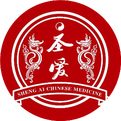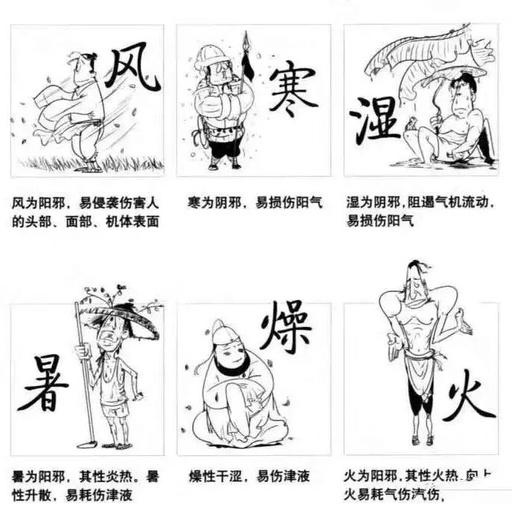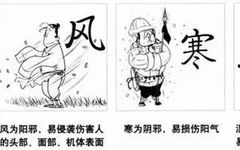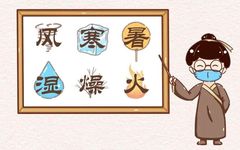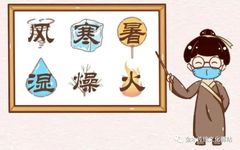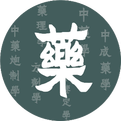The Source of All Illnesses Lies in the Six Evils! A Method to Regulate Your Health in 5 Minutes, Making It Hard for Illness to Invade
“Wind, Cold, Summer Heat, Dampness, Dryness, Fire” are known as the Six External Evils. Traditional Chinese Medicine (TCM) believes that many ailments in the body are caused by these six evils, so to regulate the body, one must address the pathogenic six evils. Coughing, Allergies, Stroke The Main Culprit is Wind Evil Wind evil can … Read more

